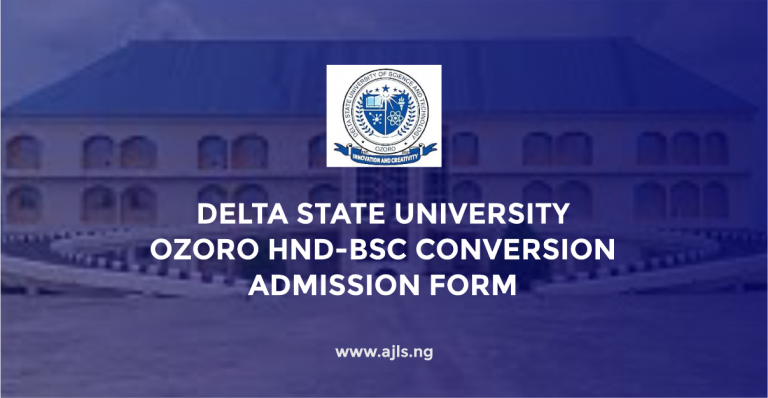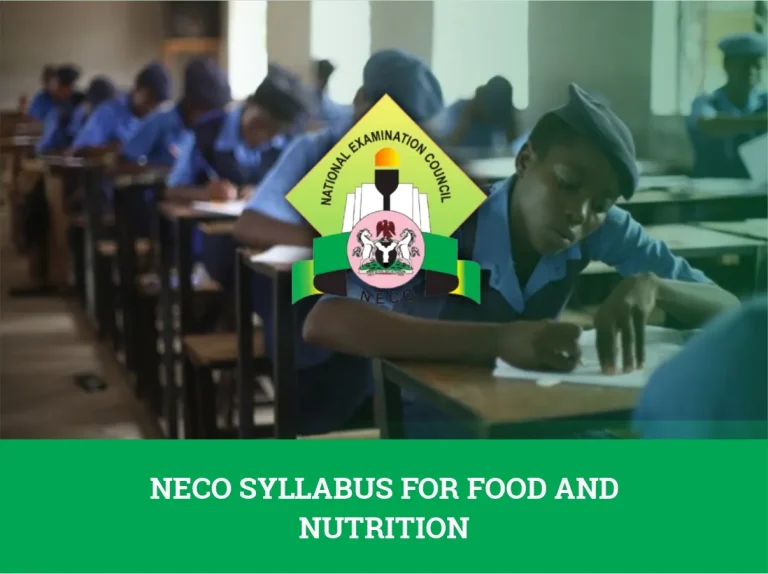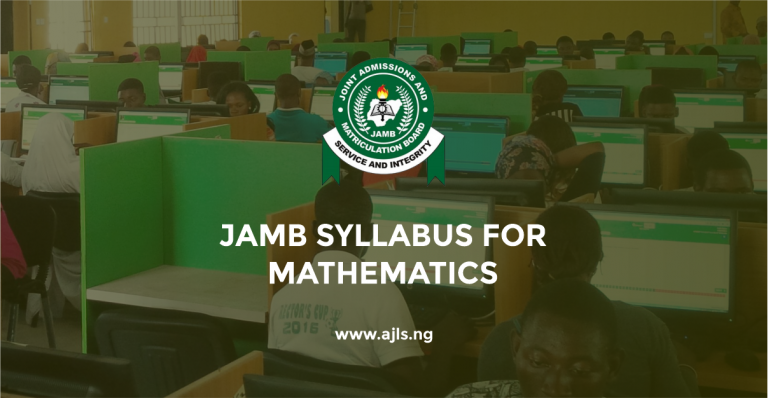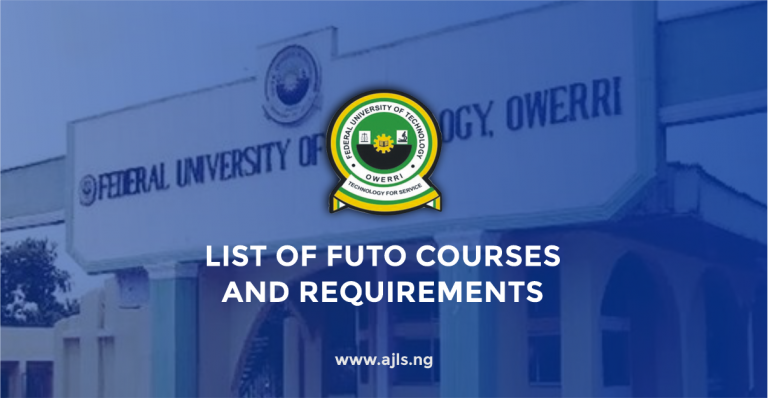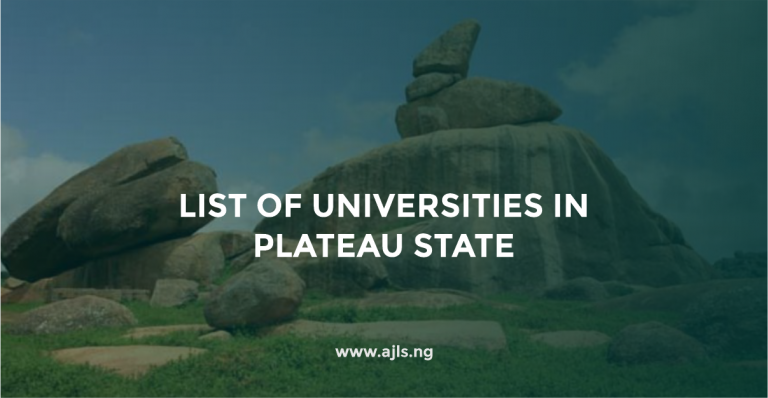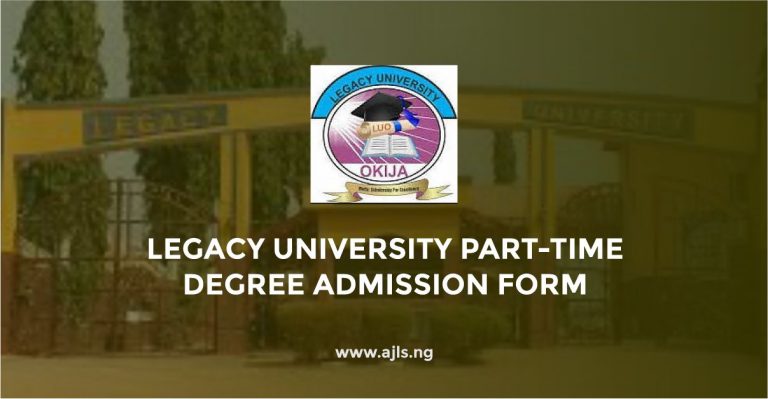WAEC Syllabus For Civic Education 2025
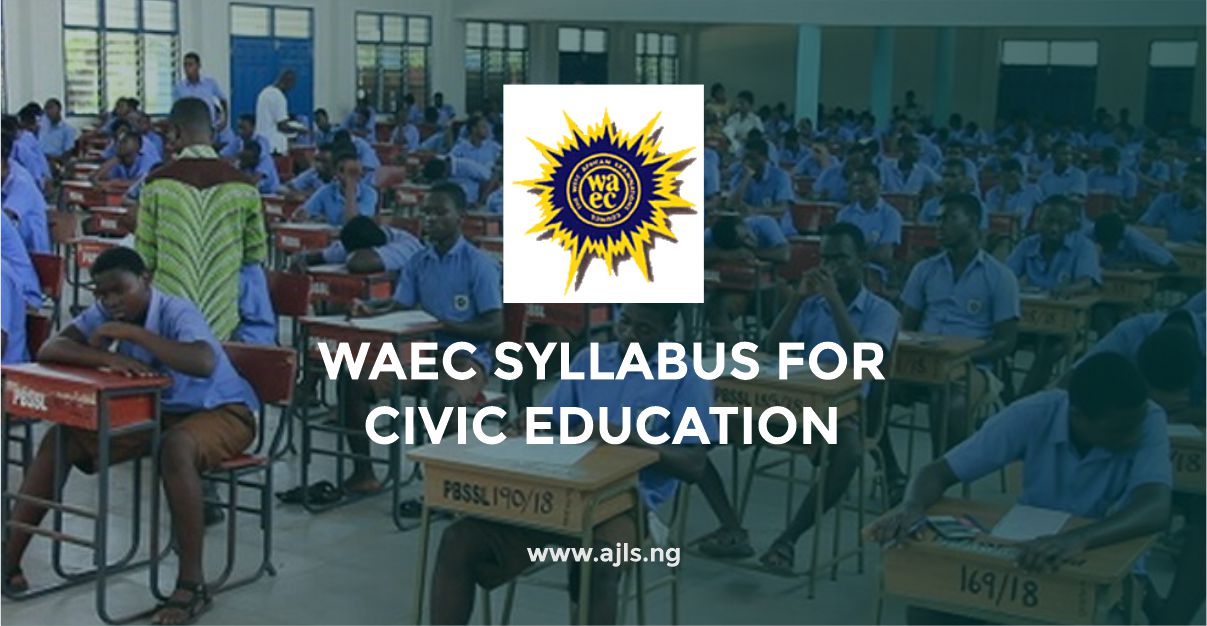
View and Download the WAEC Syllabus for Civic Education 2025 here! The WAEC examination for 2025 is fast approaching, and preparations are in full swing. If you registered for Civic Education, are you studying with the help of the syllabus? If not, you need to get it as soon as possible. The syllabus outlines all the topics that will appear in the exam and makes it easier to focus your studies and improve your chances of success.
Time is ticking, and the best way to prepare is by following the right guide. Below, you will find the WAEC syllabus for Civic Education, along with recommended textbooks and some revision tips to help you pass with flying colors.
WAEC Syllabus for Civic Education
The Civic Education exam consists of two papers taken in one sitting.
- Paper 1: A 1-hour multiple-choice test with 50 questions, worth 40 marks.
- Paper 2: A 2-hour essay exam with three sections (A, B, and C). Candidates must answer four questions, selecting at least one from each section. This paper carries 60 marks.
| SN | Topics | Objectives |
|---|---|---|
| 1 | Values | 1) Definition of values 2) Types of values 3) Importance of values to society |
| 2 | Citizenship and Nationalism | 1) Meaning of citizenship 2) Meaning of citizenship education 3) Goals of citizenship education 4) Duties and obligations of citizens 5) Meaning of nationalism 6) Ways of promoting national consciousness, integrity, and unity 7) Nationalistic roles of individuals and groups 8) Identification of local and global civic problems |
| 3 | Human Rights | 1) Meaning of human rights 2) Categories of human rights 3) Characteristics of human rights 4) Meaning and historical background of the Universal Declaration of Human Rights (UDHR) 5) Identification of the seven core freedoms of UDHR 6) Importance of UDHR 7) Roles of individuals, groups, and government in UDHR 8) Limitations to the exercise of human rights |
| 4 | Law and Order | 1) Definition of law and order 2) Features of law and order 3) Importance of law and order in society 4) Meaning of constituted authority 5) Types of constituted authority 6) Importance and roles of constituted authority |
| 5 | Responsible Parenthood | 1) Meaning of responsible parenthood 2) Roles of responsible parents 3) Importance of responsible parenthood in national development |
| 6 | Traffic Regulations | 1) Meaning of traffic regulations 2) Importance of traffic regulations 3) Roles of individuals and government in maintaining traffic regulations |
| 7 | Interpersonal Relationships | 1) Meaning of interpersonal relationships 2) Types of interpersonal relationships 3) Skills that promote interpersonal relationships 4) Meaning of intercommunal relationships 5) Importance of intercommunal relationships 6) Meaning of intercommunal conflicts 7) Skills for resolving intercommunal conflicts |
| 8 | Cultism | 1) Meaning and origin of cultism 2) Different cult groups in Nigeria and their symbols 3) Reasons for cultism 4) Consequences of cultism 5) Ways of preventing cultism |
| 9 | Drugs and Drug Abuse | 1) Meaning of drug abuse 2) Drugs that can be abused 3) How drugs are abused 4) Symptoms of drug abuse 5) Behaviors of drug addicts 6) Ways of preventing drug abuse 7) Government agencies fighting drug abuse/trafficking and their activities 8) Laws against drug abuse |
| 10 | Human Trafficking | 1) Meaning of human trafficking 2) Causes of human trafficking 3) Effects and consequences of human trafficking 4) Efforts of government and individuals to stop human trafficking |
| 11 | HIV/AIDS | 1) Meaning of HIV/AIDS 2) Causes of HIV/AIDS 3) Symptoms and effects of HIV/AIDS 4) Prevention of HIV/AIDS 5) Stigmatization of people living with HIV/AIDS |
| 12 | Youth Empowerment | 1) Meaning of youth empowerment 2) Youth empowerment skills 3) Importance and benefits of youth empowerment skills 4) Government efforts towards youth empowerment |
| 13 | Structure and Functions of Government | 1) Meaning of government 2) Structure/tiers of government 3) Functions of government |
| 14 | Democracy, Rule of Law, and National Development | 1) Meaning, types, and features of democracy 2) Importance of democracy 3) Pillars of democracy 4) Problems of democracy 5) Meaning of rule of law 6) Features of the rule of law 7) Importance of the rule of law 8) Problems with the rule of law 9) Meaning of national development 10) How democracy and the rule of law promote national development (good governance, employment creation, poverty alleviation, etc.) |
| 15 | Political Apathy | 1) Meaning of political apathy 2) Causes of political apathy 3) Consequences of political apathy 4) Why leaders fail to protect the interests of their followers 5) How leaders can protect the interests of their followers 6) Ways of discouraging political apathy |
| 16 | Civil Society and Popular Participation | 1) Meaning of popular participation 2) Types of popular participation 3) Need for popular participation 4) Traditional and modern modes of popular participation 5) Achieving popular participation in politics 6) Meaning of civil society 7) Functions/importance of civil society 8) Characteristics of civil society (accountability, fairness, justice, equity, etc.) 9) Problems of civil society (bribery, corruption, inadequate funding, overbearing influence of foreign donors, etc.) |
| 17 | Public Service in Democracy | 1) Meaning of public service 2) Functions of public service 3) Problems of public service 4) Reasons for shortcomings in public service 5) Ways of improving public service |
Recommended Books For WAEC Civic Education 2025
- Adamolekun, L. (1986). Politics and administration in Nigeria. Spectrum Books Ltd.
- Adebayo, A. (2000). Principles and practice of public administration in Nigeria. Spectrum Books Ltd.
- Anifowose, R., & Enemuo, F. (Eds.). (1999). Elements of politics. Sam Iroanusi Publications.
- Appadorai, A. (1975). The substance of politics (11th ed.). Oxford University Press.
- Banji, K. (1976). Citizenship education. Dedun Educational Books.
- Federal Government of Nigeria. (2011). 1999 Constitution of the Federal Republic of Nigeria as amended. Federal Government Press.
- Leap Africa. (2008). Rage for change: A guide for young Nigerians who desire to make a difference. Leap Africa.
- Meneke, O. A., & Nwebo, I. (2012). Milestone comprehensive civic education for senior secondary schools, Books 1 & 2. Milestone Publishers Limited.
- Nwaubani, O. O. (2000). Citizenship education and Nigerian culture. T-Excel Publishers.
- Ogunbamerun, O. A. (1997). Reading on-campus secret acts. O.A.U Press Ltd.
- Okunloye, R. W., et al. (2011). Civic education for senior secondary, Books 1, 2 & 3, UBE edition. Learn Africa PLC.
- Olurode, L., & Soyombo, O. (Eds.). (2004). Readings on campus violence. John West Publications Ltd.
- Oni, E. O., et al. (2012). Straight-Gate civic education for senior secondary schools, Books 1 & 2. Straight-Gate Publishers Ltd.
- Oyediran, O., et al. (1990). Government for senior secondary schools. Longman Nig Ltd.
- Oyediran, O. (1998). Introduction to political science. Oyediran Consults International.
- Tanya, R. H. (2005). HIV/AIDS: Hope in the midst of despair. Megarona (West Africa) Ltd.
- Ukegbu, M. N., et al. (n.d.). Basic civic education for senior secondary schools, SS 2. Maybiks Nigeria Publisher.
- United Nations Organization. (1993). Human rights: The International Bill of human rights. United Nations.
Revision Tips
Here are some tips to help you make the most of the little time you have to revise for your examinations.
- Focus on the topics mentioned in the syllabus above.
- Read from WAEC-approved textbooks to get accurate and reliable information.
- Summarize key points in a notebook for easy reference.
- Solve past WAEC Civic Education questions to understand question patterns. Time yourself while answering questions to improve speed and accuracy.
- Allocate specific time slots for different topics.
- Avoid last-minute cramming—start preparing early.
We wish you the best of luck in the upcoming WAEC examinations.
We hope you found this post helpful. If you did, we urge you to share it with other candidates who have yet to discover the syllabus. We are also open to answering any questions you might have regarding the post, reach out to us in the comments and we will respond shortly.
Frequently Asked Questions (FAQs)
Where can I download the WAEC Civic Education syllabus?
You can get it from the official WAEC website or approved educational platforms.
What topics are covered in WAEC Civic Education?
Topics include Citizenship, Human Rights, Government Systems, and National Development.
Is the WAEC Civic Education syllabus updated yearly?
WAEC occasionally updates it, so check the latest version before studying.
Are past questions helpful for WAEC Civic Education?
Yes, reviewing past questions helps understand exam patterns and frequently asked topics.
What is the exam format for WAEC Civic Education?
The exam consists of multiple-choice and theory sections.
What textbooks are recommended for WAEC Civic Education?
WAEC recommends books by official government publishers and curriculum developers.
